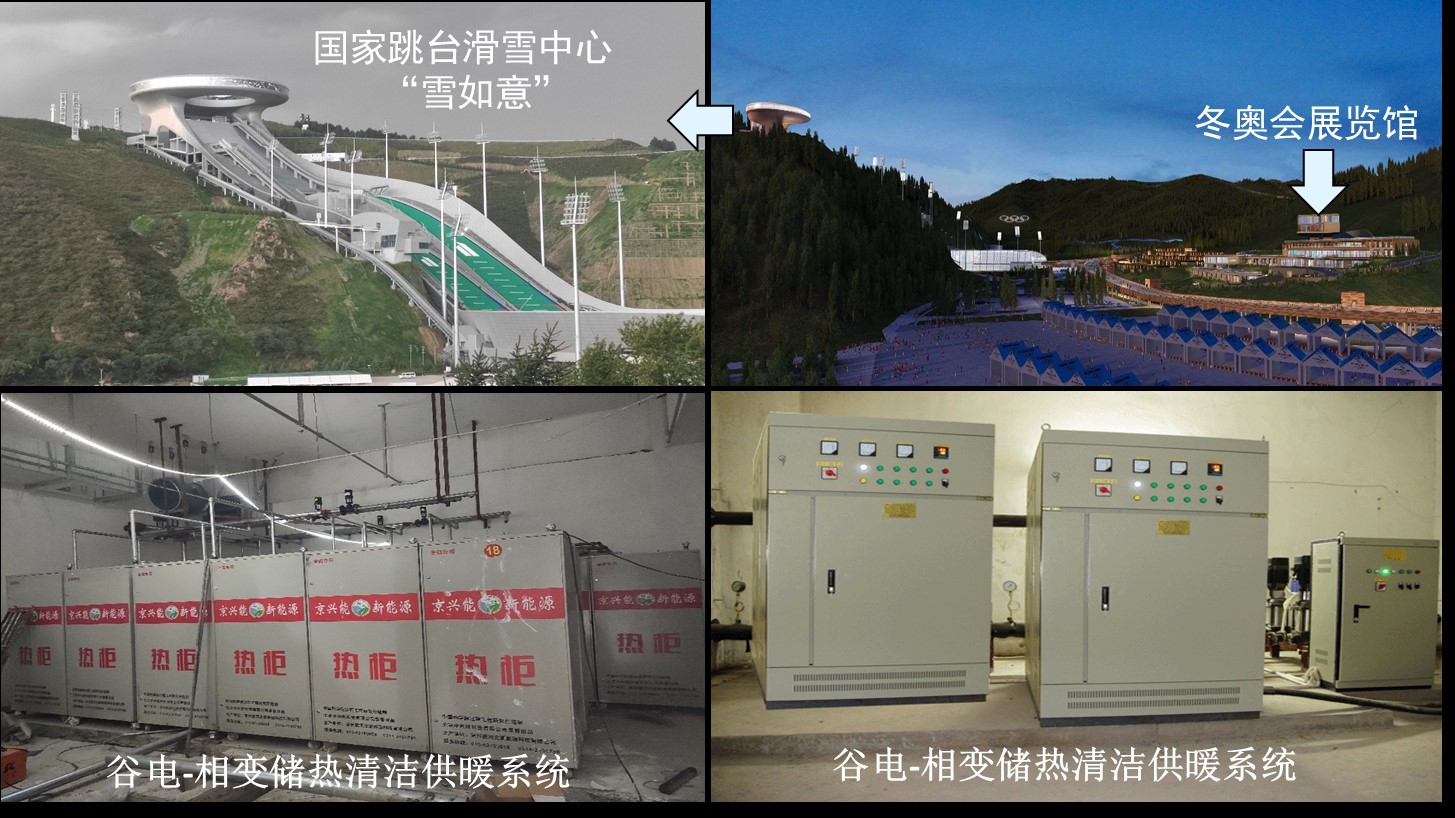The research department focuses on developing new theories and methods for fluidization process intensification and amplification, developing key processes and technologies for fluidization intensification, and solving major problems in the fields of efficient and clean conversion of resources and energy, large-scale preparation of advanced functional powders, and energy storage materials.
Facing the challenges of low simulation accuracy of fluidized solid-phase conversion reaction and difficult of controlling residence time among coarse and fine powders, the nucleation mechanism model was revised, a new coupled flow-reaction-heat transfer model was constructed, and a precise control method of particle residence time was developed. The law of decomposition, transformation and chlorine migration of the mixture of silamine and ammonium chloride was revealed, solving the problem of dechlorination during the preparation of Si3N4. The thermodynamic and kinetic laws of vanadium oxychloride oxidation were revealed, improving the technical system for the preparation of high-purity vanadium pentoxide. A rapid formation method of hemihydrate gypsum was proposed, forming a new process for preparing b-hemihydrate gypsum and II anhydrite from phosphogypsum. The hydrolysis nucleation behavior of TiCl4 was studied, solving the problem of uniform nucleation of TiO2 on the surface of mica. The homogenization sintering and microstructure evolution behaviors of titanium alloys were clarified, solving the problem of plastic recession. The catalytic conversion mechanism of lithium-sulfur batteries was revealed, and a new technology for inhibiting the shuttle effect was formed. The phase transformation law of bischofite double salt has been proved, breaking the bottleneck problem of large-scale low-energy electrolytic magnesium. The interface characteristics of composite phase-change heat storage materials such as hydrated salts and carbonates are clarified, foming a new process for the preparation of resource-regenerative heat storage materials. Published 56 SCI papers, applied for 35 invention patents, and authorized 24 invention patents.
In 2021, 450,000 tons/year phosphogypsum fluidized calcination, 500,000 tons/year complex iron-manganese ore directional reduction and megawatt-level molten salt phase change heating projects were accomplished. The phosphogypsum project is the largest single-capacity phosphogypsum calcining device in the word, which can produce b-hemihydrate and II anhydrite gypsum. The construction has been completed in the cooperative enterprise Yunnan Yuntianhua Environmental Protection Technology Co., Ltd. (Figure 1). Aiming at breaking the difficulty of effective utilization of complex iron-manganese ores, the key technologies of directional reduction and high-efficiency separation have been developed, and high-grade manganese concentrates and iron concentrates can be obtained from complex iron-manganese ores, and the preliminary design of the demonstration project has been completed; Based on the developed hydrated salt phase change material with long life and high heat storage density, a clean heating demonstration project with a total heating area of 8000 m2 and a total system power of 1.2 MW was built in the Mountain Broadcasting Center in the Zhangjiakou competition area of the Winter Olympics (Figure 2), which solved the heat storage problem of clean energy heating in complex-structured mountain buildings in extremely cold climates, providing technical support for the green and low-carbon Winter Olympics and. It was selected as a highlight achievement of the Chinese Academy of Sciences in the fourth quarter of 2021.

Fig. 1 The 450,000-ton/year phosphogypsum fluidized modification and utilization system.

Fig. 2 Valley electricity-phase change heat storage clean heating system
 Search
Search



 京公网安备110402500047号
京公网安备110402500047号